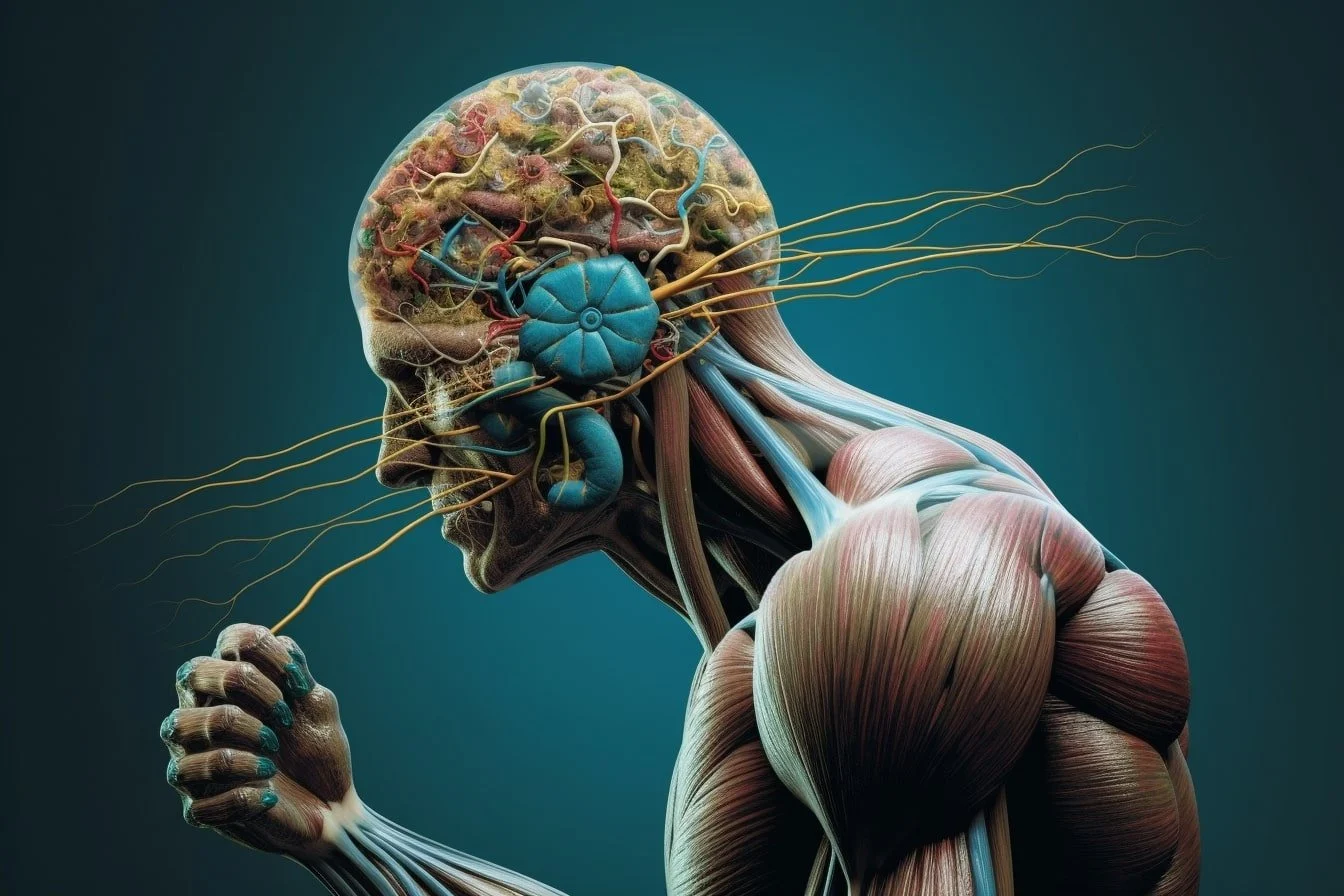
Hacks That Heal’ s ground-breaking discoveries are revealed! Discover the Glucose Goddess, who provides straightforward yet effective guidance on managing our connection with sugar. Discover how to embrace health and equilibrium when controlling your Sugar Research use without going without. Set off on a path toward wellbeing by consuming with awareness and indulging strategically. To maximize your health and well-being, discover how to combine the knowledge of cutting-edge research with traditional methods. Come along with the movement led by the Sugar Research herself to discover the transformational power of Sugar Research.
Sugar Addiction and Health
As an intelligent adversary, Sugar Research addiction infiltrates our life and increases our desire for its delicious embrace. What exactly does it do to our bodies, though?
Dopamine is a feel-good hormone that is released by our brains when we consume sweets. It like a tiny prize for our palates. But here’s the thing: our brains crave more dopamine the more sugar we eat. Cravings and overindulgence in food might result from this precarious situation.
Let’s discuss the consequences on health now. Being high in calories yet low in nutrients, sugar consumption can result in weight gain and obesity. We run the risk of developing type 2 diabetes since it can also interfere with our insulin levels. In addition, it has been related to a host of serious conditions including heart disease and even Alzheimer’s. Inflammation is another thing it may do to our systems.
And don’t forget about your pearly whites! Sugar loves to hang out in your mouth and feed the bacteria that cause cavities and gum disease. Not exactly the kind of party we want in our mouths.
But do not worry! It is possible to break the sugar habit. To begin with, be mindful of the amount of Sugar Research you consume and make gradual reductions. Replace sugary snacks with more wholesome ones, such as nuts and fruits. Additionally, remember to keep hydrated and quell cravings by drinking lots of water.
You may escape Sugar Research hold and live a better, happier life with a little knowledge and wise decisions.
Maximizing Pleasure From sugar with less impact
Sugar’s sweetness can be enjoyed, but in order to reduce its negative health effects, it must be carefully enjoyed. Rather of just eating sweet snacks, make an effort to savor every bite. Select premium candies that provide rich taste profiles in smaller serving sizes. To slow down sugar absorption and avoid energy crashes, consume foods high in fiber, such as fruits or nuts, in addition to sweet snacks. Try using natural sweeteners such as maple syrup or honey as a healthier option. You may minimize the negative effects on your health while maximizing enjoyment from sugar by tasting it gently and making wise decisions.
The Impact of Glucose Spikes on Aging
Glucose spikes, which occur when blood sugar levels rise sharply after consuming sugar-filled or high-carb diets, can have serious ageing consequences. These surges set off a series of bodily processes that can result in oxidative damage and inflammation, two conditions that are connected to aging. Frequent glucose surges can cause tissue and cell damage over time, hastening the aging process. You may lessen glucose spikes and promote healthy aging by limiting the amount of sugary and high-carb foods you eat.
Healthy Glucose Levels without Fasting
With conscious food and lifestyle choices, it is possible to maintain proper levels of glucose without fasting. Start by include complete, natural foods like fruits, vegetables, whole grains, and lean meats in your diet. By releasing glucose into the circulation gradually, these meals help to avoid blood sugar spikes and crashes. Make regular exercise a priority as well since it improves the way your body uses glucose. Stabilizing blood sugar levels throughout the day can also be achieved by avoiding sugar-filled beverages and snacks and choosing balanced meals. Last but not least, since both can affect glucose regulation, controlling stress and getting adequate sleep are essential. You can promote healthy glucose levels without fasting by implementing these changes.
The Health Benefits of Apple Cider Vinegar
Because of some scientific study and anecdotal evidence supporting its possible health advantages, apple cider vinegar (ACV) has become more and more well-known.
1.Digestive Health
2.Blood Sugar Regulation
3.Weight Management
4.Heart Health
5.Skin and Hair Health
6.Immune Support
Decreasing Glucose Spike with Vinegar Dressing
After a meal, using vinegar dressing helps lessen glucose rises. Foods heavy in carbohydrates can cause a sharp increase in blood sugar levels. A simple method to include this benefit in your meals is to drizzle some vinegar dressing over your salad or veggies. For optimal results, consider vinegar variants without added sugar and use it sparingly.
Tips for Managing Sugar Spike
Balanced Meals: To reduce the absorption of sugar, choose meals that contain a combination of carbohydrates, protein, and healthy fats.
Select Carefully: Select nutritious grains, legumes, and vegetables as low-glycemic foods instead of sugary snacks.
Watch Portion Size: To prevent blood sugar increases, watch portion sizes, particularly while eating meals high in carbohydrates.
Hydrate: To assist control blood sugar levels, sip plenty of water throughout the day.
Remain Active: Exercise on a regular basis to control blood sugar levels and enhance insulin sensitivity.
Unwind: To assist regulate blood sugar, use stress management skills like meditation or deep breathing.
Make Sleep a Priority: Try to get a good night’s sleep every week, as not getting enough sleep might cause problems regulating blood sugar.
Try Vinegar: Adding vinegar to your food might help reduce your blood sugar levels after eating.
Weight Loss and Alignment
To achieve general health and well-being, alignment and weight loss work hand in hand. This is how they come together:
physical Alignment : carrying too much weight can throw off your body’s alignment, causing problems including bad posture, joint pain, and back pain. reduced stress on your muscles and joints, which enables more natural and comfortable movement , is one way that losing weight can assist with these issues.
mantel Alignment: Reaching your weight reduction objectives will increase your confidence and mental health, which can result in a better self-image and self-esteem.
Healthy Habits: You may improve your general health in the long run by coordinating your weight reduction efforts with healthy habits like consistent exercise and a well-balanced diet. These practices not only aid in weight reduction but also encourage the best possible physical and mental health.
Energy Alignment: Being overweight can deplete your vitality and cause you to feel worn out. You may feel more invigorated and aware of your surroundings throughout the day by bringing your energy levels into harmony with your body’s natural rhythms through weight loss.
Holistic Health: Aligning your physical, mental, and emotional well-being may be achieved by approaching weight reduction as a component of a holistic approach to health and wellness. Strive for harmony and balance in all area of your life rather than concentrating just on the number on the scale.
Aligning your lifestyle: successfully with the intention of losing weight will help you achieve better objectives and more congruence with your activities. This might entail making self-care a priority, establishing reasonable objectives, and becoming involved in pursuits that fulfill and delight you.
Connecting Mental Health and Food
Food and mental health are closely related. Consuming a well-balanced diet full of whole grains, fruits, vegetables, lean meats, and other nutrients will help stabilize your blood sugar level and promote mental health. On the other hand, eating a lot of Sugar Research, processed foods, and bad fats might increase the risk of mental illness, exhaustion, and mood changes. Also, just as emotional eating or restricted eating habits can have an impact on our emotional state, our connection with food can also have an impact on our mental health.
The Impact of Surgery on Mental Health
Having surgery can significantly affect one’s mental state. Before and after surgery, it’s normal to experience a range of emotions, such as anxiety, fear, and uncertainty. Mental health might suffer from the anxiety associated with the surgery, the results, and the recuperation.
People may feel depressed, frustrated, or even hopeless all over the healing process as a result of pain, discomfort, or movement restrictions. Surgery-related changes to one’s functional abilities or looks can also have an impact on confidence and self-worth.
Having the emotional support of friends, family, and medical professionals may be very helpful in overcoming the emotional strain of surgery. Throughout the surgery process, self-care activities like relaxing or enjoying delightful hobbies, open communication, and having access to mental health services can help reduce stress and support emotional well-being.
The Impact of Diet on Mental Health
Your mental well-being is greatly influenced by your food. Consuming a well-balanced diet full of whole grains, fruits, vegetables, lean meats, and other vital nutrients supports mood management and brain function. On the other hand, mood swings, exhaustion, and mental health conditions like anxiety and depression can be attributed to diets heavy in processed foods, sugar, and unhealthy fats. Choosing nutrient-rich foods and eating a balanced diet can have a favorable effect on your mental health.




